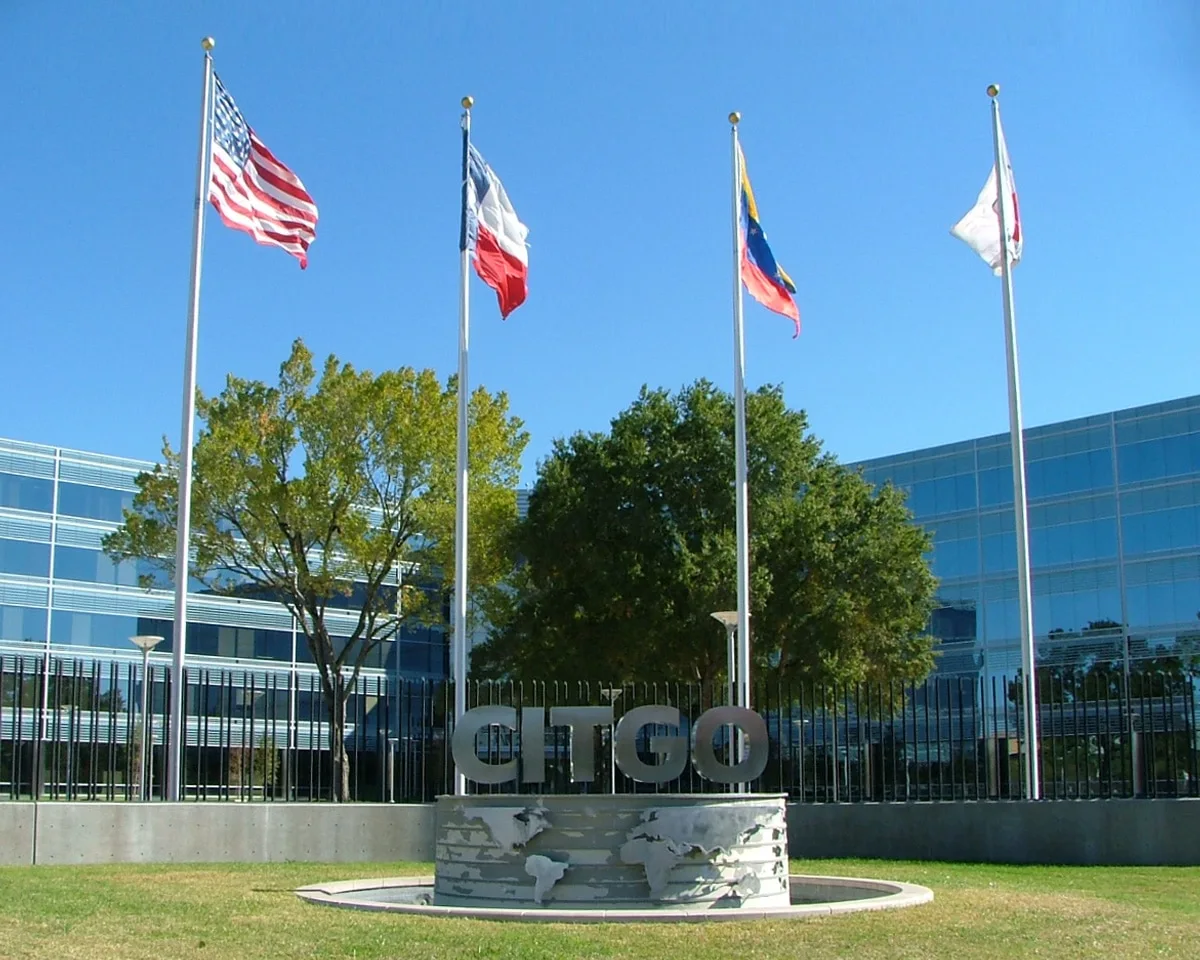Yesterday, a U.S. court made a crucial decision in the Citgo Petroleum case. It accepted claims worth $20.8 billion against Venezuela.
These claims, reduced from an initial $24 billion, relate to losses from nationalization and debt defaults.
Major companies like ConocoPhillips and ExxonMobil are among the claimants. They have sought compensation following the Venezuelan government’s expropriation of assets.
Citgo, a Houston-based refiner, processes 807,000 barrels per day, operates 38 terminals and six pipelines, and supplies over 4,200 independent retailers, making it a significant player in the oil industry.
Additionally, it supplies thousands of retailers. The court decided to reduce the claim amounts after excluding certain awards and rulings that didn’t meet set deadlines.

The auction process for Citgo’s shares is underway. It involves initial bids, followed by a second bidding round.
However, the final decision on these bids will take months. It also requires the U.S. Treasury Department’s approval, which has been protecting Citgo since 2019.
ExxonMobil’s involvement adds another layer to the case. They registered claims for past losses in Venezuela, dating back to 2007.
These claims stem from the nationalization of their projects under Hugo Chavez’s regime. ExxonMobil’s legal victories have led to significant compensation over time.
The situation faces opposition from both the Venezuelan government and opposition. President Nicolas Maduro describes the court action as theft.
The opposition, controlling Citgo since 2019, has challenged the ruling up to the U.S. Supreme Court.
U.S. relations with Venezuela
The case’s outcome holds significant implications. It affects U.S. relations with Venezuela and the push for fair elections there.
U.S. lawmakers suggested moving all claims to a Justice Department commission for fair compensation distribution. However, this idea has not gained much support in Congress.
In summary, this case reflects the complex interplay of finance, law, politics, and international relations.
It centers on a major oil company and national assets, with far-reaching consequences.

